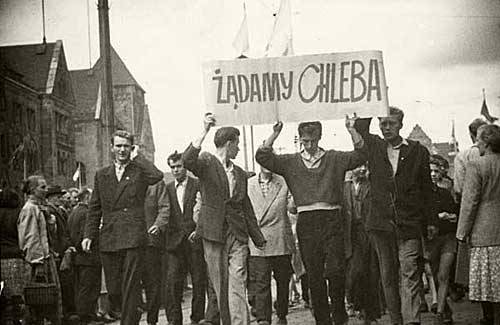Some co-homeowners in California ponder if there are any restrictions on the time to file a partition action. For example, suppose a co-operator moved out of a house 20 many years ago and hardly ever paid out the taxes. Does that mean that they are no for a longer period a co-owner? As explained underneath, co-entrepreneurs do not shed their standing as co-entrepreneurs by the passage of time.
Suitable to Partition is Complete in California
In a partition motion, it has grow to be popular know-how that a partition is absolute. Miller & Starr, the major treatise on California genuine estate regulation, has a heading entitled: “Absolute suitable to partition” and that “each cotenant has an ‘absolute’ right to partition the typical residence.” Correct of partition—In general, 4 Cal. Genuine Est. § 11:14 (4th ed.). One court defined that “if the party looking for partition is proven to be a tenant in typical, and as these entitled to the possession of the land sought to be partitioned, the appropriate is complete.” Bacon v. Wahrhaftig (1950) 97 Cal.Application. 2d 599, 603.
Statute of Restrictions in a Partition Action (California)
A statute of limitations is a described time limit in which a lawsuit can be submitted. Because the time limit may differ dependent on the sort of case currently being submitted, we often acquire queries about the statute of limitations for a partition motion. The legislation is that: “Because of this complete right, ‘[t]he statute of limits in no way bars aid concerning tenants in prevalent in an action of partition.’” Kaut v. Kelsey (Cal. Ct. Application., Feb. 7, 2014, No. A136094) 2014 WL 495497, at *4 (quoting Adams v. Hopkins (1904) 144 Cal. 19, 27). In other text, there is no statute of limits in a partition action for the reason that the correct to partition is complete. A co-operator may carry an motion for partition at any stage within just the co-possession, no matter how prolonged this person has been a co-proprietor.
Offsets for Property finance loan, Taxes, and Insurance coverage
Some co-house owners will attempt to argue that the out-of-possession co-owner’s fairness in the property should really be diminished by their failure to pay out the mortgage loan, taxes, repairs, bills, coverage and other holding charges, known in the law of partition steps as partition offsets. Regrettably for co-proprietors in possession, the co-operator out of possession can cost the co-operator in possession with the rental benefit of to defeat statements of paying out for regular expenses. See Hunter v. Schultz (1966) 240 Cal.App. 2d 24, 30–31. Normally, the price tag of the property finance loan, taxes, and insurance policies is quite close to the rental value of a property, meaning this is normally not substantially of a hurdle for co-homeowners out of possession when submitting a partition motion.
Make contact with an Professional Partition Lawyer in California
If you want to close your co-ownership marriage, but your co-owner won’t agree, a partition motion is your only alternative. Our skilled partition legal professionals have decades of knowledge ending co-possession disputes and can aid you unlock the fairness in your property. For a free of charge, 15 moment consultation with an expert partition legal professional at Talkov Law, connect with (844) 4-TALKOV (825568) or fill out a speak to sort on the net.






More Stories
The New Crossover Members of the House – Sabato’s Crystal Ball
Lebanese Parliament Fails 8th Time To Elect New President
The Importance of How You Announce Your Company’s M&A Deal – KJK